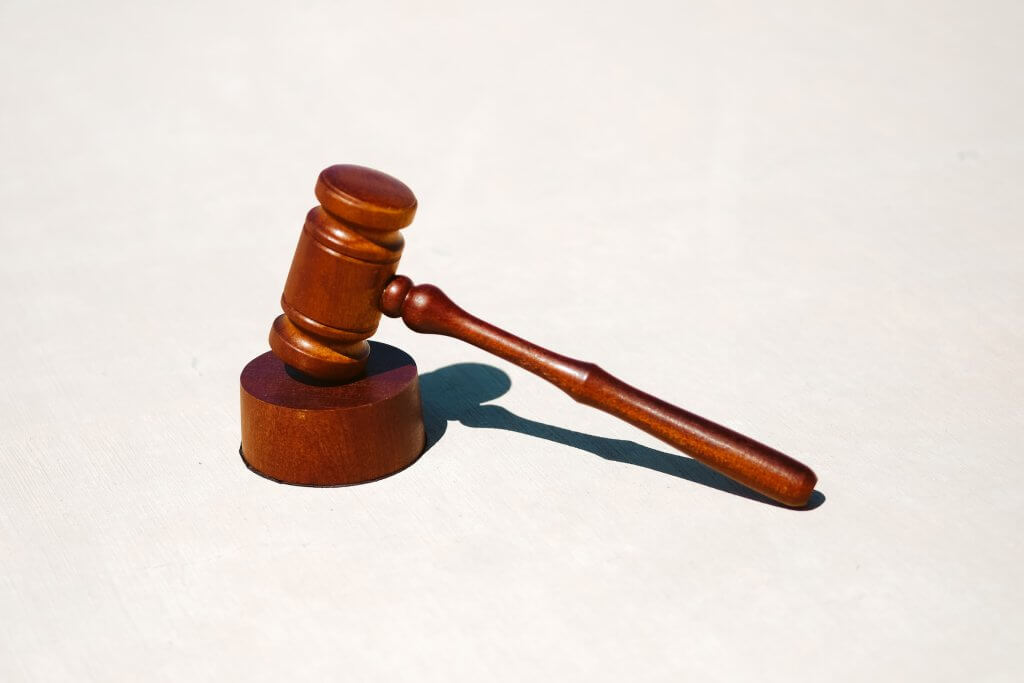
Buying at a Police Auction
A police auction in Australia can be a great opportunity to purchase high-quality goods at a fraction of their retail price. These auctions are held regularly across the country and offer a range of items including cars, electronics, jewellery, and more. However, before jumping into a police auction, it’s important to know what to expect and how to prepare.
What to expect at a police auction
Police auctions proceed like regular auctions, with a whole host of items often up for bids – they are either seized, unclaimed, or lost property. These include vehicles and spare parts, whitegoods, electronic devices, various types of equipment, and jewellery. The latter can raise senses among luxury enthusiasts; many Aussies may have been intrigued by Lloyd’s Auctions putting up over 1,300 seized jewellery items last year worth several million dollars’ total and the starting price was just $1 for some of them.
Per current rules, all seized property should be kept under impound for two months then cleared out at auction. That also gives the owners an opportunity to reclaim the items, as long as they were surrendered as lost property or were seized as enforcement of court-mandated fines. If a certain item emerges at auction as stolen property, the owner must provide proof of ownership at their nearby police station to help the authorities pull the item or items from the auction block and give it back to them. At the same time, the police may try to exhaust all possible options to identify and contact a stolen item’s owner, even more if the item had identifying marks.
However, the items will proceed to auction if they were acquired via ill-gotten wealth, used in the commission of a crime, or established as the property of a convicted felon. The police may also make sure that dangerous items such as firearms and drugs will be destroyed rather than put back on the public sphere.
While a police auction will feature items under impound, it’s not the state/territorial police or the Australian Federal Police who will organise the bidding. A private auction house will be contracted to run the sale, with the proceeds sent to the government. The auctioneer should have formal government licensing as a chattel auctioneer. Many noted chattel auction places will have websites, not everybody will have all manner of items up for bidding and may focus on certain categories only.
Signing up
Merchandise seized by the police and later put up for auction may include machinery of some sort, such as power tools or other industrial-grade equipment. As the items are sold off as-is, your auctioneer’s bid contract may require the buyer to refurbish the machines to ensure compliance with the Occupational Health and Safety Act 2004 and the Health and Safety Plant Act 1995.
Members of the public who are interested in joining a police auction are asked to register with the auction house before the sale. For venue auctions, they will be required to be present at the auction site and be issued a number marker to signal an offer when the auction master recites the expected price.
Many auctioneers in Australia often put up their lots for public viewing to give prospective bidders a chance to better assess the items they might make an offer for, including other pertinent information such as the starting price, condition, shipping options, and possibly the general circumstances behind how those items ended up on display.
If the auction is organised online like that of a prominent digital auction marketplace, the vendor will upload listings for each item and include the duration of the bidding. In line with the aforementioned connection to the owner, be prepared for the possibility that the items you have put on your account’s watchlist could be withdrawn if – in the case of identified stolen items – an owner comes forward and is arranging its recovery.
Benefits to participating in a police auction
Many auctioneers would require winners to pay immediately or at the very least before close of business that same day, before the lot can be formally released to them. Aside from meeting the reserve price or the bid being above it, the final cost of the bid will account for sales tax, wharfage and delivery fees. Oftentimes, the lot will be presented as-is, and if you win, should be fully accepted.
There may be some benefit to participating in a police auction.
- Cutting overhead costs. Depending on the level of criminal activity, the police’s impound facilities may rapidly fill to capacity. Any contraband being sold for auction will free up space at the impound and lower the force’s overhead expenses. While it is true that police auctions may include pawning off stolen items, some legal observers contend it may not be considered fencing if the police tried hard to contact the owners and give the materials back – but the owners have decided to move on.
- Community use. Some members of the public active in their communities may find the idea of combing police auctions attractive, particularly if they are looking to buy some practical items. At the same time, the money earned from the auction will be used for public funding.
- Value for money. Police auctions will often feature many top-dollar merchandise that are listed for very low starting prices. You may be surprised to comb the listings at your favourite auctioneer and discover rare gems at least 25 percent off. In one example from June 2016, a Perth auction house reported selling a preowned 1970 Monaro GTO350 for $93k. Another example is of a lot of four 10000mAh powerbanks with a combined street price of $160 – but the starting bid is only $26.
A finance app like UBOMI is in the best place to help people who regularly invest in auctions. The app’s Money Tracker function, in particular, will help you catalogue the state of your finances after another round of auctions, whether or not your bids were successful.
There’s no harm in buying something at a bargain, even if it’s the cops selling them off. You might find stuff that’s interesting.
DEAL OR NO DEAL? Check out our catalogue on USHOP — your one stop shop for deals and discounts!
If you liked our “Buying at a Police Auction” and find it useful, check our blogs regularly for more information to get updates on UBOMI’s budget app and expense tracker.




